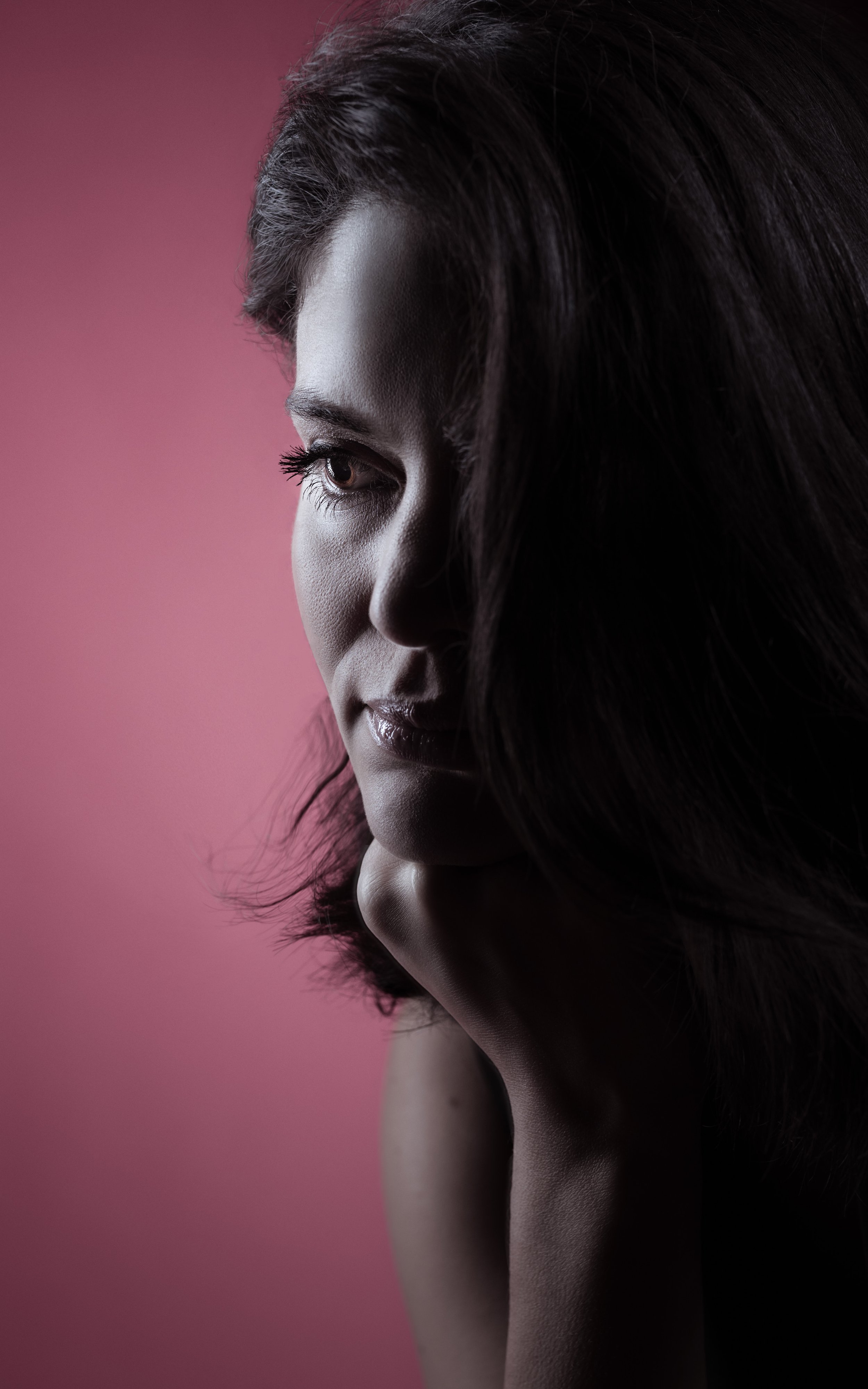
maría herrera
“I think society judges you for being ‘emotional’ or ‘hormonal’, but this is a serious mental health concern that should be tackled. We should speak about it more often, not just as a statistic, but we need to inform women on how the get help and find ways to cope…”
“Looking in hindsight at the prenatal course I did, everything was about the baby, the first days and the physical changes that we go through after birth. Like many new Mums, I was scared about the idea of the forceps, the Caesarean, even pooping during birth. Nevertheless, the topic of postpartum depression is only briefly mentioned in the discussion, like a simple statistic; a simple number…
The first months after my baby was born were tough. The lack of sleep, COVID, the lack of family or close friends around, the semi lockdown in Hong Kong - all of that was tough, but it didn’t feel as bad as what I felt around the fifth month after giving birth. I felt incredibly sad, hopeless, sleepless. The sadness just wouldn’t go away even when I smiled at my baby or kissed my partner. Everything just felt empty. I doubted myself as a mother, I doubted my decisions in life, I doubted my relationship with my husband…I felt that I really had no purpose in life.
My job didn’t help either. I work in a male dominated industry, and appearing to be a strong mighty woman is key to survival. It’s not that my managers or the organisation wasn’t supportive, it’s just that I pushed myself into fitting back in, when internally I felt broken.
When I returned to the office, I found myself constantly alone and plugged to a breast pump, in a basement, crying over missing my son, and even questioning my career and life choices. I cried in silence in the toilets just pretending that I had a runny nose upon my exit, and I always carried my makeup bag to make sure I didn’t look like I had been crying. A coat of foundation, some concealer, a waterproof mascara, some lipstick. Every morning it became a routine where I had to wake up and pretend that nothing was happening. A routine of just compressing my feelings and trying to put them to the back of my mind just to get by, but there was a monster that was eating me inside.
I wasn’t honest with my husband or my friends; I guess I was afraid of being judged as a whiny hormonal woman. Part of me also thought that it was just a phase and that everything was going to get better once I got used to being back at the office. But that emptiness kept following me around for months. That monster kept walking next to me on my way to work, or in meetings when I smiled at my colleagues, or that romantic dinner in a nice restaurant. It was there in the middle of the night when I cried silently in bed. I never really sought medical help, but I did quite a few online tests on depression and the answer was very clear - I was severely depressed.
The trigger that ‘forced’ me to get better and talk about the subject happened whilst I was at a party on a boat one evening. I remember the music, the drinks, the laughter in the background, but all I wanted to do was to jump into the water. I imagined how the water would fill my lungs, how I wouldn’t feel my body any more, thinking that I wouldn’t even fight to try to get out of the water. It would be just water and darkness - a sense of peace.
I became really scared. At that point in time I regrouped myself and pushed myself to find ways to feel better (taking time for myself, exercising, meditating) but I do regret not getting professional help earlier. It was never about not finding help, I just assumed that it was a phase that was not going last. My husband was extremely supportive and escaping Hong Kong to see my family helped me enormously. Little by little, it got better.
I still feel a part of it remains with me, and I haven’t been really able to completely close that chapter (though the current situation of the world doesn’t help).
When I heard about the campaign I was eager to come onboard because I believe we shouldn’t be suffering this in silence.
I think society judges you for being ‘emotional’ or ‘hormonal’, but this is a serious mental health concern that should be tackled. We need to speak about it more often, not just as a statistic, but we need to inform women on how to get help and find ways to cope.
About the photo-shoot, I felt very comfortable and at ease. Matt and Ann were extremely professional and for some reason I felt like I had known the team forever. I am extremely grateful for the opportunity to help and share my story.
I am extremely grateful to have been offered the opportunity to help and share my story. Being a part of this project made me feel part of the group of the strong women who also raised their hands to participate, deciding to put their faces and bodies out there to say: “I get you, I suffered like you, and I will be there cheering you on for your recovery.””


